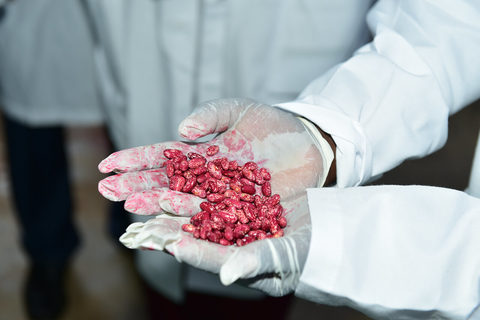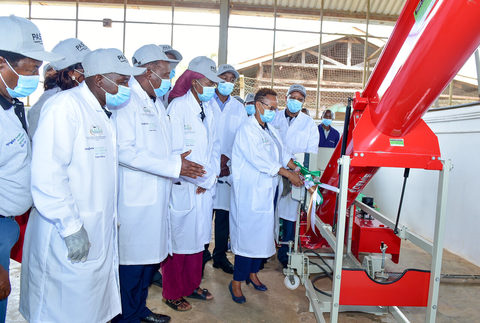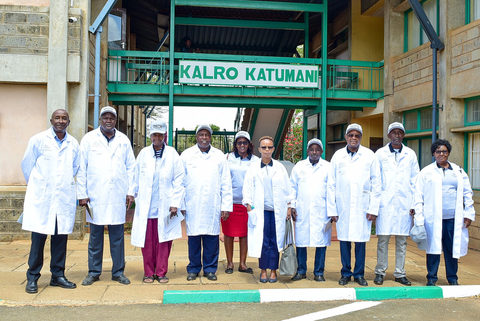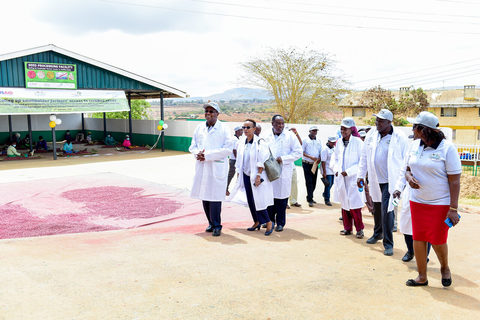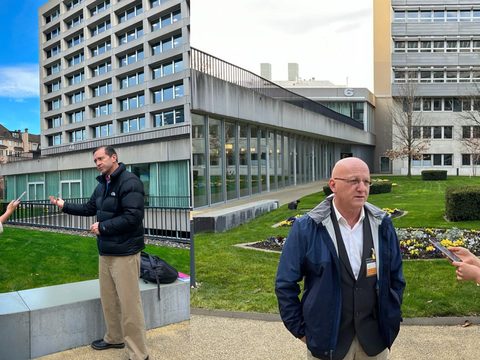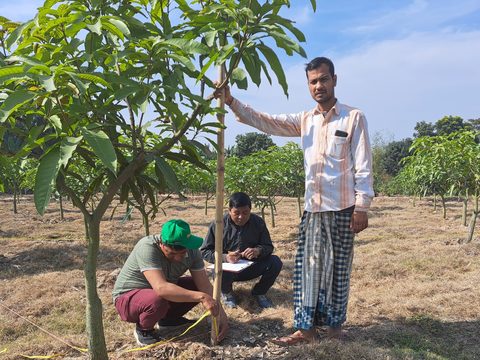A better process means better access
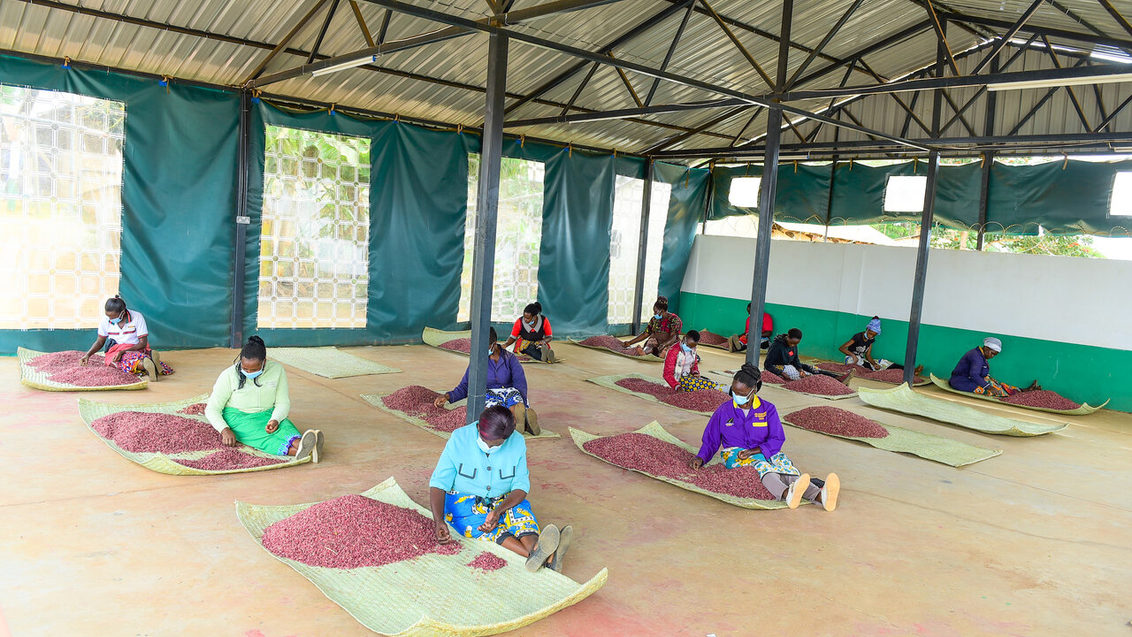
A partnership with our Foundation has led to major improvements in a Kenyan seed-processing facility. The primary beneficiaries will be the country’s smallholders. More readily available certified seeds should help them raise their yields and incomes.
The completely overhauled unit is the result of a partnership between our Seeds2B program and KALRO, the Kenya Agricultural and Livestock Research Organisation.
KALRO manages some 16 different research institutes. One of them is AMRI, the Agricultural Mechanization Research Institute in Katumani. “AMRI’s old seed-processing facility was in need of a major upgrade”, says Tony Gathungu, global head of Seeds2B. He and our East Africa Regional Director Lucy Kioko recently celebrated the official handover of the new facility to AMRI. “It contributes to achieving our vision of a bright future for smallholder farming, producing enough food for home use and sale”, comments Lucy.
The new unit greatly increases the efficiency and quality of the production process. “This means that there will be more safe, certified seed for Kenya’s smallholders”, predicts Tony Gathungu. “Importantly, the facility also improves staff working conditions and safety”.
Seed sorters – mainly women – often worked in a hot, dusty environment. However, the Katumani site now includes a modern sorting bay. Mats and concrete slabs make it easier to sort and pick the seeds. As well as being a more pleasant workplace, the bay thus also helps reduce wastage.
Further improvements include a seed-drying platform. Here, concrete slabs provide a hot surface that speeds up the drying after dressing. They also reduce the risk of seeds being contaminated by soil.
AMRI’s former seed treatment machines frequently suffered chemical spillages. Output from the old equipment had also been falling and was down to four tons a day. Now, a new, modern machine can process six tons of seed per hour. It coats them evenly with a liquid protectant. Automatic adjustment of each seed’s humidification ensures that the treatment holds.
To match the increased production potential, the Katumani facility can also benefit from two electronic scales. Each can deal with 150 kg per batch. This has increased the daily quantity of seed that AMRI can weigh from ten tons to 40 tons.
At the handover ceremony, Tony Gathungu reflected on how this processing facility will improve the availability of certified seed to Kenyan smallholders. “Better seed access is a solution to crucial challenges. Our PASTTA initiative, generously supported by USAID, collaborates with the public sector to improve varieties that can boost farm production and improve livelihoods.”

